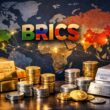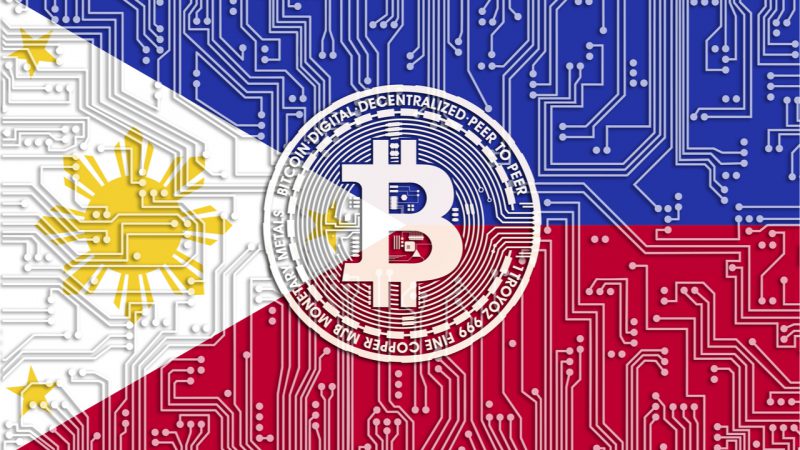In an exclusive interview with Forkast, Philippine’s Central Bank (BSP) Governor Felipe Medalla said he does not want to ban crypto. Medalla noted that a ban on crypto in the Philippines is out of the question.
Nonetheless, Medalla does not want to call the asset a currency because of the lack of payment utility and high volatility. Medalla says that if the price of an asset rises quickly, people who own it would not want to exchange it. On the other hand, if the price goes down upon exchange, the buyer might not like to receive it.
Medalla says that a currency should not be as volatile as crypto has proven. He would instead call it a “crypto asset” rather than a currency.
In his view, crypto can be helpful in countries where the system has failed, or the government is the problem.
Another beneficial aspect of crypto, Medalla says, is escaping government monitoring. However, he believes that evading governments does no social good.
Philippine’s crypto dilemma
Although Medalla spoke of crypto somewhat positively, the governor has previously labeled crypto investors as followers of the “greater fool theory.” The theory suggests that prices of an asset go up because investors sell overpriced goods to other investors, who are called the greater fools.
Medalla claimed that investors buy cryptocurrencies in the hopes that someone else would buy them from them at a higher price. He went as far as labeling the strategy as “very scary.”
On the one hand, the BSP governor does not want to ban the asset class. But on the other, it deems the industry foolish. This makes Madella appear somewhat confused regarding his stance on crypto.
Although the BSP does not regulate cryptocurrencies, it has set guidelines for the growing industry. In addition, it requires virtual asset service providers (VASPs) to apply for a license. Binance, one of the largest crypto exchanges in the world, found itself in a difficult spot after local think tank Infrawatch PH questioned its online promotions. The body sent a letter to the Department of Trade and Industry (DTI) and pointed out that the exchange does not have the necessary permits for operation. The exchange is currently applying for said license.





